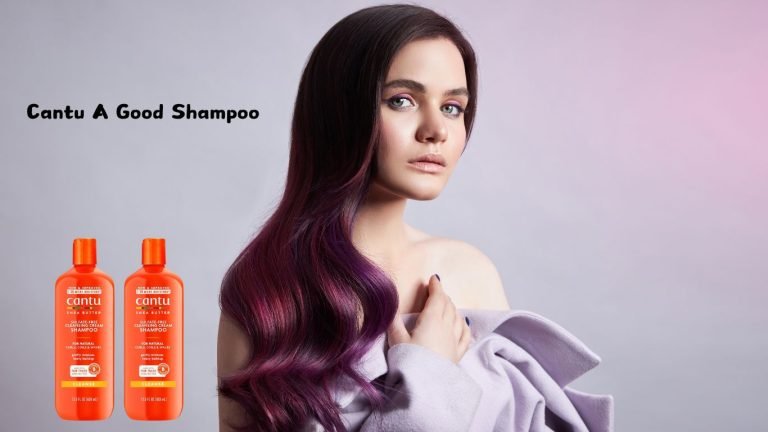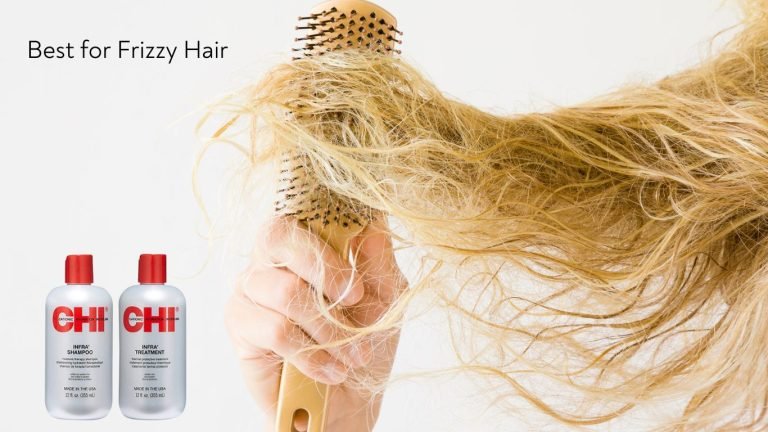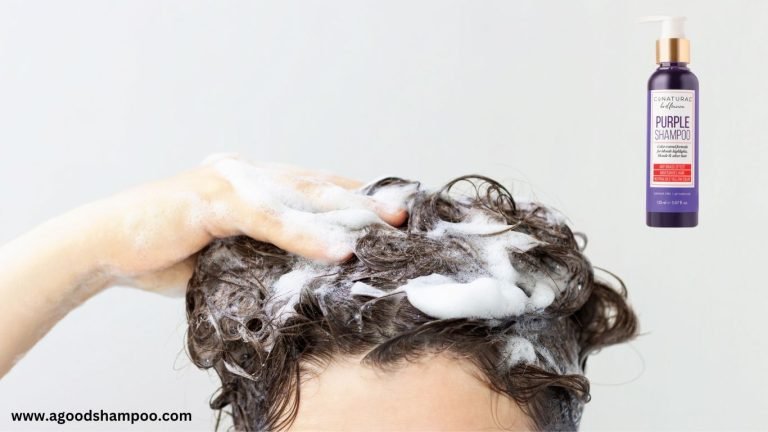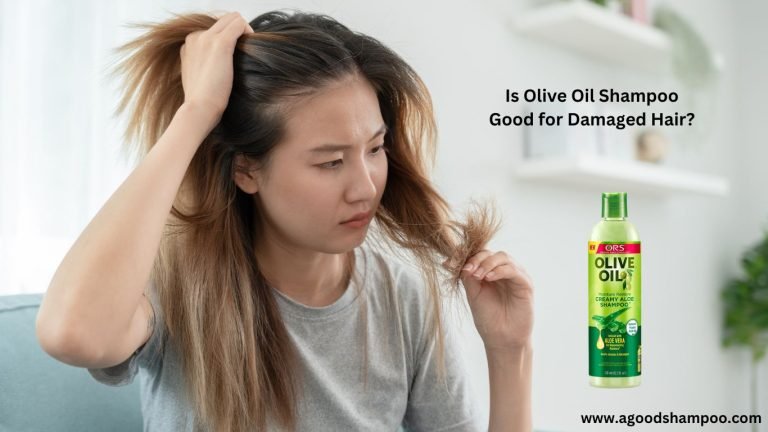Is Egg Shampoo Good For Hair? Real Benefits, Science & Side Effects
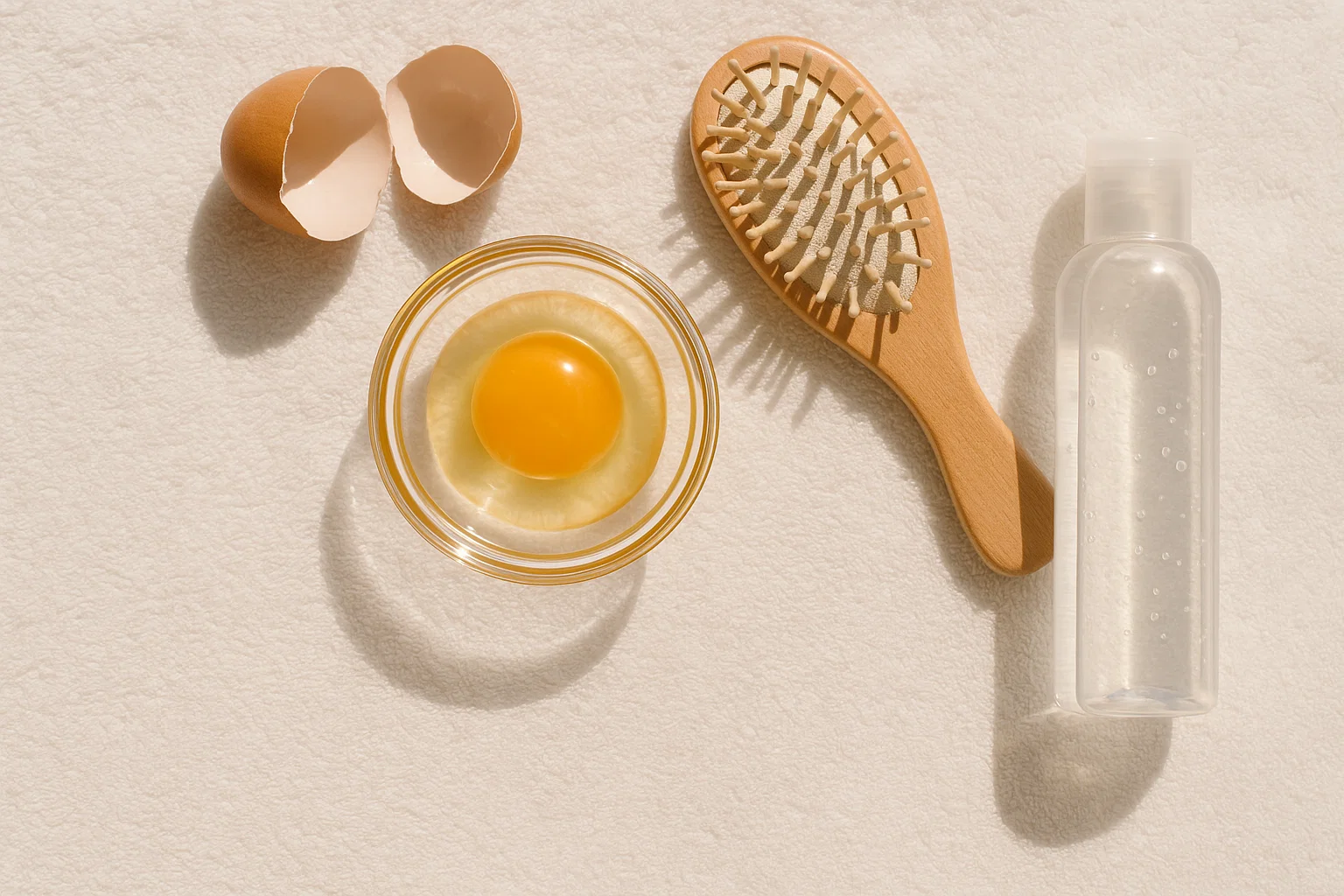 Let’s be real. When someone first mentions “egg shampoo,” you probably imagine that sticky smell from raw eggs and wonder why would anyone put that in their hair? But here’s the thing: before fancy keratin treatments or salon serums, people were already using eggs as the OG protein treatment. And they weren’t wrong.
Let’s be real. When someone first mentions “egg shampoo,” you probably imagine that sticky smell from raw eggs and wonder why would anyone put that in their hair? But here’s the thing: before fancy keratin treatments or salon serums, people were already using eggs as the OG protein treatment. And they weren’t wrong.
Eggs are basically little protein bombs. Your hair? It’s made mostly of keratin, which is a kind of protein too. So, when the two meet it can be magic… or a bit of a mess, depending on how it’s done.
So, is egg shampoo good for hair, really? Let’s unpack what science, experts, and real users say.
Why People Swear by Egg Shampoo
There’s something about natural ingredients that makes people trust them more. Eggs, for instance, are packed with nutrients that sound like they belong in a luxury hair mask proteins, vitamins A, D, and E, plus essential fatty acids.
When used right, egg-based shampoos promise smoother texture, less breakage, and stronger strands. And if you’re struggling with hair fall or dullness, that’s exactly what you want to hear.
But does it actually deliver those results? To answer that, let’s look at what’s really happening beneath the surface.
What Research Says About Egg Proteins and Hair
Here’s the science part (don’t worry, we’ll keep it light).
A study published in the Journal of Cosmetic Science found that proteins derived from egg yolk and white can temporarily bind to the hair shaft, reducing porosity and improving tensile strength. That means the hair becomes stronger and less likely to snap.
Eggs are rich in biotin, a B-vitamin known to support keratin production. In fact, biotin deficiency is often linked to brittle hair or thinning. That’s why many hair supplements feature it as a star ingredient.
So, theoretically, egg shampoo can help strengthen your hair fibers from the outside, while nourishing the scalp.
Quick Fact Box:
• Eggs contain about 3.6 grams of protein per large egg, most of it in the white.
• The yolk, meanwhile, carries lecithin and healthy fats great for softness and shine.
• Studies show biotin plays a major role in reducing hair shedding when taken regularly.
How Egg Shampoo Works on Your Hair
Think of egg shampoo as a lightweight protein treatment disguised as a cleanser. Most formulas use hydrolyzed egg protein, meaning the protein molecules are broken down small enough to cling to the hair cuticle.
Here’s what it does once applied:
- Cleans without over-stripping.
The natural lipids in egg yolk act as mild cleansers, helping to dissolve oil while maintaining scalp moisture. - Fills in weak spots.
Protein molecules latch onto damaged areas, reinforcing the hair shaft like a patch on torn fabric. - Adds shine and body.
Lecithin from egg yolk smooths the outer layer of hair, making it look shinier and fuller. - Improves elasticity.
Regular use can make your strands bounce back instead of breaking off when stretched or brushed.
The key? Balance. Egg shampoo can be amazing for repairing damage but too much protein can cause the opposite effect.
Does Egg Shampoo Help with Hair Growth?
Let’s get one thing straight no shampoo makes your hair grow faster. Not even egg shampoo. But what it can do is create the right environment for growth.
Hair grows from the follicle, not the strands themselves. So when your scalp is clean, nourished, and free of buildup, follicles can function better.
Egg shampoos that include biotin, keratin, or natural oils like olive and argan can indirectly support growth by:
• Strengthening weak roots
• Preventing split ends
• Improving scalp circulation
In short, egg shampoo doesn’t “grow” hair magically it just helps your existing hair thrive.
What Research Says:
A 2021 PubMed review on scalp health confirmed that protein-rich, pH-balanced shampoos help maintain follicle integrity and reduce breakage two major factors that affect hair length over time.
What About Hair Fall? Does It Really Stop It?
Many users notice less hair fall after switching to egg shampoo, especially when their hair is dry, brittle, or chemically treated. The protein reinforcement helps reduce breakage, which often feels like “hair loss.”
But if your hair fall is due to stress, hormones, or medical reasons, egg shampoo alone won’t fix it.
You can, however, pair it with a healthy scalp routine massage oils like castor or rosemary before washing, use egg shampoo two to three times a week, and follow with a hydrating conditioner.
The result? Noticeably thicker, stronger strands after 3–4 weeks.
Ingredient Breakdown: What’s in Egg Shampoo
A good egg shampoo usually contains:
| Ingredient | Function | Benefit |
|---|---|---|
| Hydrolyzed Egg Protein | Strengthens hair | Fills damaged gaps, adds elasticity |
| Lecithin | Natural emollient | Makes hair smooth and shiny |
| Panthenol (Vitamin B5) | Moisturizer | Improves softness and hydration |
| Aloe Vera or Coconut Extract | Soothes scalp | Balances protein to prevent stiffness |
| Mild Surfactants (Cocamidopropyl Betaine, etc.) | Cleanser | Gentle on scalp, avoids dryness |
When buying one, check the label real egg extracts should appear near the top, not buried among fillers.
How Often Should You Wash Hair with Egg Shampoo?
Here’s where things get tricky. Using egg shampoo every day isn’t ideal, especially if your hair isn’t very damaged.
For normal to oily hair, twice a week is enough.
For dry, damaged, or colored hair, once every 4–5 days works best.
Overuse can cause protein overload, leaving your hair stiff, straw-like, or prone to snapping.
If you notice your hair feels coarse or heavy, alternate with a moisturizing shampoo that focuses on hydration instead of repair.
Pro Tip:
You can even mix a bit of aloe gel or conditioner into your egg shampoo to soften the protein hit perfect for beginners or sensitive scalps.
Side Effects or Drawbacks You Should Know
Just because it’s natural doesn’t mean it’s perfect for everyone.
Here are a few possible downsides of egg shampoo:
- Protein overload.
Using too often can make your hair hard and unmanageable. - Smell sensitivity.
Some formulas retain a faint egg odor if that bothers you, pick one with added essential oils like lemon or mint. - Allergies.
People allergic to eggs or sulfites should avoid it entirely. Always patch-test before use. - Build-up over time.
Without proper rinsing, proteins can cling to the hair shaft, making it dull. Clarify every few weeks if needed.
Most of these are easy to manage once you find your balance.
DIY vs Store-Bought: Which One Is Better?
If you’re tempted to crack an egg straight onto your head slow down. While DIY masks can help, raw eggs come with a few issues:
• They smell.
• They can be messy to rinse out.
• If rinsed with warm water, they literally cook in your hair (and no one wants that omelet look).
That’s why commercial egg shampoos are better. They use hydrolyzed egg protein, which penetrates easily without the mess or smell.
Brands like Vatika, Oriflame Egg Shampoo, and Biotique Protein Cleanser are popular choices that blend natural ingredients with modern formulations.
So yes DIY might save money, but store-bought ones save sanity.
What Hair Types Benefit Most from Egg Shampoo?
Let’s be honest it’s not for everyone. But when used correctly, it’s a game changer for certain hair types.
Best for:
• Chemically treated or colored hair
• Weak, brittle strands
• Hair that breaks easily when brushed
• People with fine or medium texture who need strength
Not ideal for:
• Naturally oily scalps (can feel heavy)
• Coarse or low-porosity hair (can cause stiffness)
If your hair tends to reject protein, you might prefer hydrating shampoos with oils or humectants instead.
How to Use Egg Shampoo the Right Way
Here’s a simple routine to get the most out of it:
- Pre-wash with warm water.
Helps open the cuticle slightly. - Apply a small amount of egg shampoo.
Massage gently into scalp and lengths. - Leave it on for 2–3 minutes.
Gives proteins time to bind. - Rinse thoroughly with cool water.
Helps seal in shine and reduces odor. - Condition afterward.
Choose a moisturizing conditioner or mask to restore balance.
Repeat weekly for repair, or every other week for maintenance.
What Real Users Say
Consumer surveys show mixed but generally positive feedback.
According to a 2023 Allure hair care survey, around 68% of users with damaged hair reported improvement in texture after four weeks of using protein-based shampoos like egg formulations.
Another Healthline review compilation found that users loved the natural feel and strength boost but disliked the smell and heaviness after long-term use.
Basically: great results, but moderation is key.
Expert Opinion from a Hair Analyst
From a scientific standpoint, eggs have a lot going for them. Their amino acid structure is similar to keratin, and hydrolyzed forms are small enough to attach to damaged cuticles.
However, proteins can’t “repair” dead hair they can only fill gaps temporarily. That’s why consistent care, good diet, and balanced routines matter just as much.
If your hair is badly damaged from bleach or heat, pair egg shampoo with treatments containing ceramides, peptides, and plant oils. Together, they strengthen and seal the cuticle for lasting improvement.
Quick Tips for Using Egg Shampoo Effectively
• Don’t use it right after a protein treatment it’s overkill.
• Always follow with moisture to avoid stiffness.
• Clarify once a month to remove residue.
• Avoid direct sunlight immediately after washing (egg proteins can dry out faster).
• Store-bought is always safer than DIY raw egg formulas.
When to Stop Using It
If your hair feels straw-like, tangles easily, or loses shine, it’s time for a break. Those are classic protein overload signs.
Take a week or two off, use a hydrating mask, and then slowly reintroduce it once a week. Your hair will thank you.
So, Is Egg Shampoo Good for Hair?
Honestly? Yes if you use it right.
It’s rich in natural proteins and vitamins that strengthen, nourish, and bring back shine. It’s especially great for hair that’s damaged from color, bleach, or straightening.
But it’s not a magic fix, and it’s not for everyone. For some hair types, it can be too heavy or too strong. Think of it as a power tool fantastic when used wisely, but too much can cause problems.
The trick is knowing your hair’s balance between protein and moisture. Once you find it, egg shampoo can feel like a mini spa treatment in a bottle.
If your hair feels tired, weak, or just blah egg shampoo might be your reset button. Just listen to your hair. When it feels strong, stop and switch to moisture. When it feels limp, bring the eggs back. That rhythm is what healthy hair is all about.

Carolina Herrera: Cosmetics specialist & Hair Analyst. Specializing in hair treatments, Carolina provides thorough reviews and advice on choosing the best products for damaged or treated hair.

